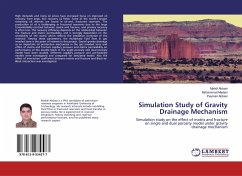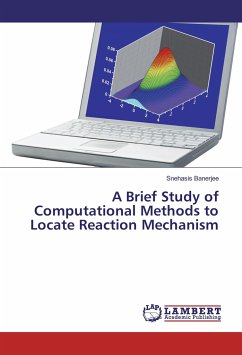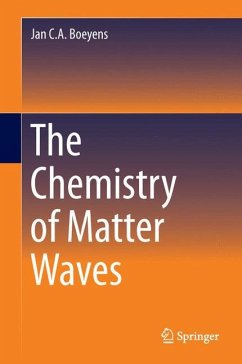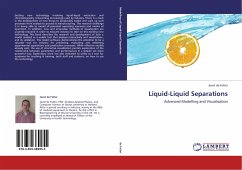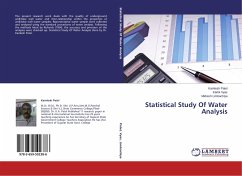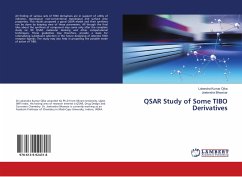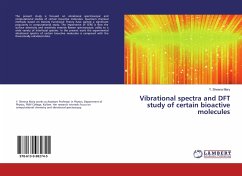High demands and rising oil prices have increased focus on improved oil recovery from large, low recovery oil fields. Some of the world's largest remaining oil reserves are found in oil-wet, fractured reservoirs. The production of oil is challenging in fractured reservoirs due to the large transmissibility contrast between matrix and fracture, and primary recovery is often low. The recovery efficiency depends on the relationship between the fracture and matrix permeability, and is strongly dependent on the wettability of the matrix which reflects the imbibition potential of the reservoir. Among these parameters, the multiphase fluid flow in gas invaded zone is the point of interest in this project. Gas/oil gravity drainage as an important oil production mechanism in the gas invaded zone and effect of matrix and fracture capillary pressure and matrix permeability on performance of the double block in the single porosity and dual porosity model have been studied. Different capillary pressure and permeability models were investigated and compared for simulated model. Also the effect of interaction coefficient between matrix and fracture and Block-to-Block interaction was investigated.

